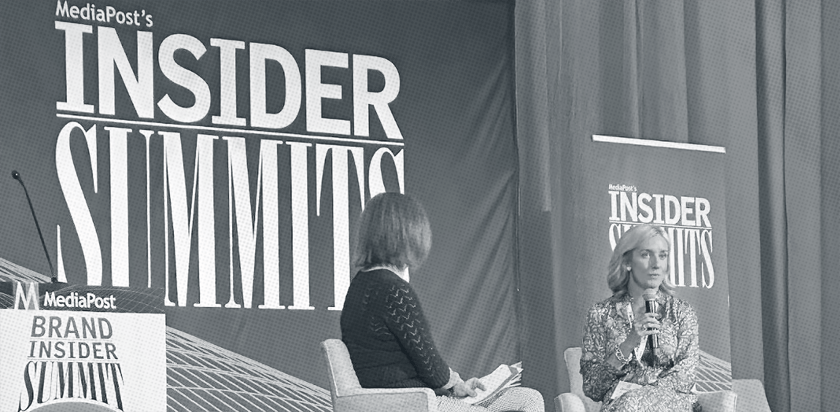
06.27.2025
Hart Editorial Staff
Hart and Children's Minnesota Win Gold Aster Award for High-Impact TikTok Ad Series
TOLEDO, OH — Hart and Children’s Minnesota have earned a Gold Aster Award for their breakthrough TikTok ad series, part of the hospital’s award-winning “Raise ’Em Up” brand campaign.

06.27.2025
Hart Editorial Staff
Hart and Children's Minnesota Win Gold Aster Award for High-Impact TikTok Ad Series

05.13.2025
Hart Editorial Staff
Hart Wins Gold at 2025 ANA REGGIE Awards for Nationwide Children’s Hospital Campaign
">

04.28.2025
Zak Hart, Brand Engagement Director
HTI-1 + AI: This Year’s Reality for Healthcare Marketing

10.10.2024
Reid Klintworth - Director, Growth & Development
From the Floor at Becker's: Innovating the Patient Experience in Modern Healthcare

02.22.2024
Marc Paulenich, President
Navigating the Future: Insights from MediaPost’s Brand Insider Summit: Pharma & Health
">
